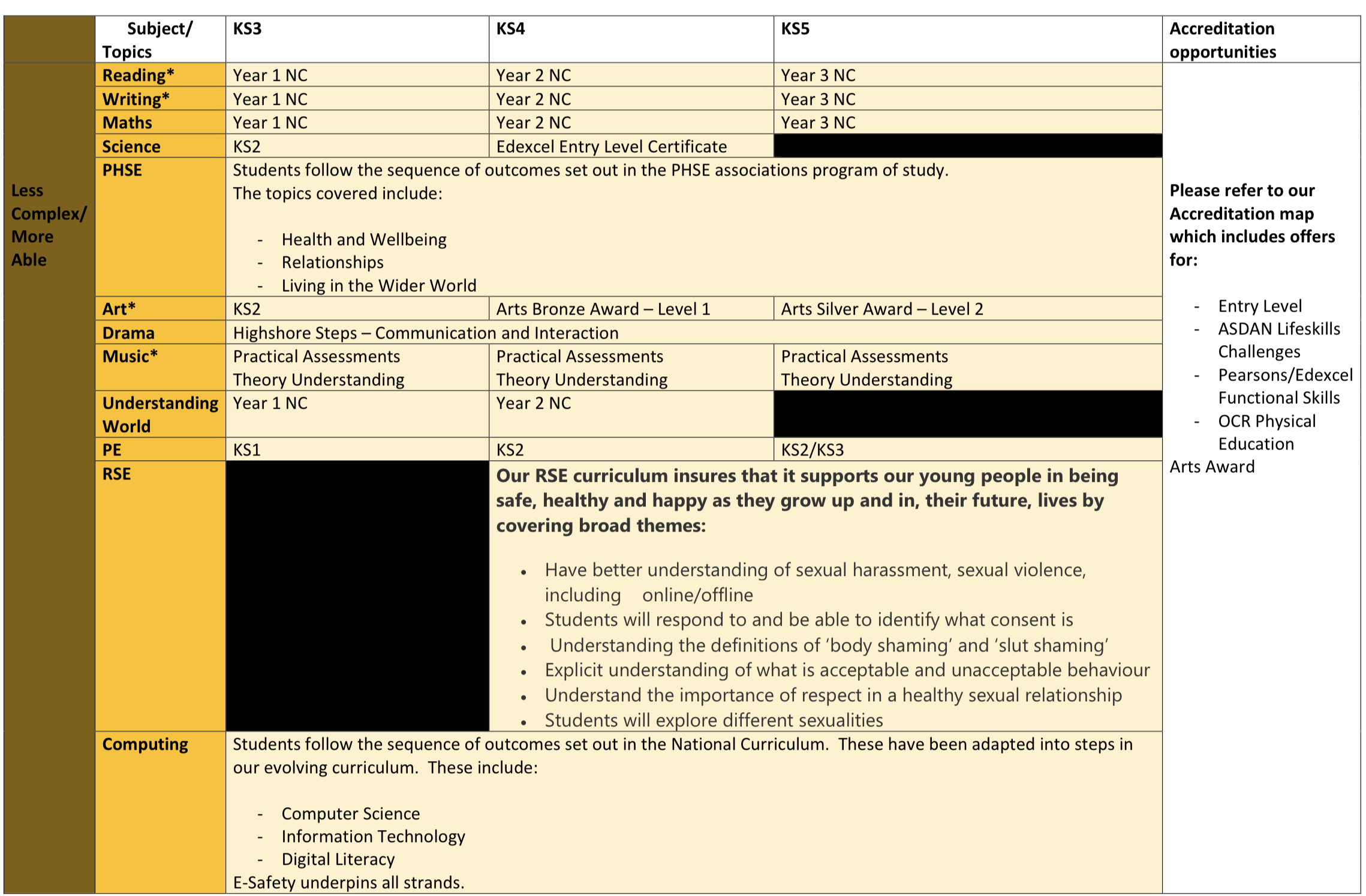Curriculum
Highshore offers the full range of national curriculum subjects throughout the school with an emphasis on developing skills in literacy, numeracy and personal and social development. The school offers personalised programmes of study specifically aimed at meeting the individual’s learning needs. Students with dyslexia and speech and language delay are offered specialised support.
Our curriculum is designed to be ambitious, inspirational and continually evolving to meet the needs of our students. All of our subjects have a clear intent, linked to our school aims of Communication, Independence and Self-help.
If any parent would like to find out more about the curriculum the School is following, please check below or contact the School.
Highshore Curriculum Overview
Curriculum Rationale:
Highshore offers the full range of national curriculum subjects throughout the school with an emphasis on developing skills in literacy, numeracy and personal and social development. The school offers personalised programmes of study specifically aimed at meeting the individual’s learning needs.

Complex:
Our most complex learners are those who join Highshore not yet accessing Early Learning Goals or National Curriculum level outcomes. They may face significant barriers to learning and learn best with a holistic approach to learning. Outcomes for these learners are primarily based on the 4 areas of needs and are focused on developing learning behaviours and routines. A topic based approach to learning is being developed for these learners, to enable them more stability by having the same class teacher for the majority of their day. These students follow a structured sequence of learning that equips them with skills to access NC learning. For example, the Cognition and Learning strand focuses on assessing sorting skills or following NOW/NEXT routines. Whilst, these students may still take part in a Literacy or Maths lesson, the focus of their learning is about developing these pre-learning skills to access higher level learning.
Less Complex and More Able:
Our less complex and more able learners are those who possess the pre-learning skills read to access National Curriculum outcomes (with adaptations), however, still may require periodic interventions based on pre-learning skills. Our learners in this cohort are able to access subject specific skills and knowledge and begin learning skills and knowledge from the Early Learning Goals and/or National Curriculum Year 1. Students in this cohort are identified early on to be entered into accreditation/exam pathways. Students in this cohort, depending on the subject, tend to progress through the Key Stage 1 and begin to access Key Stage 2 level work across subjects.
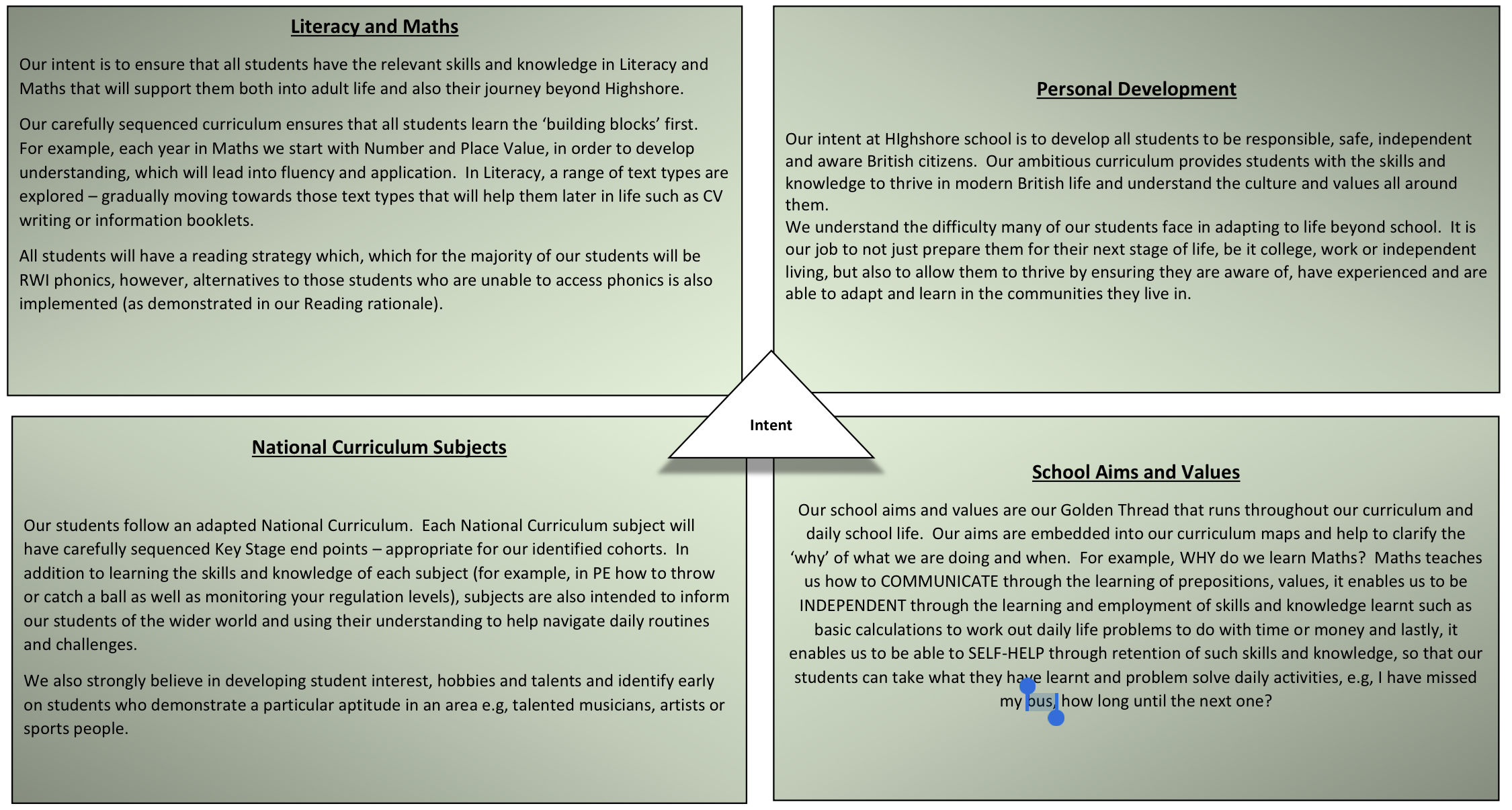
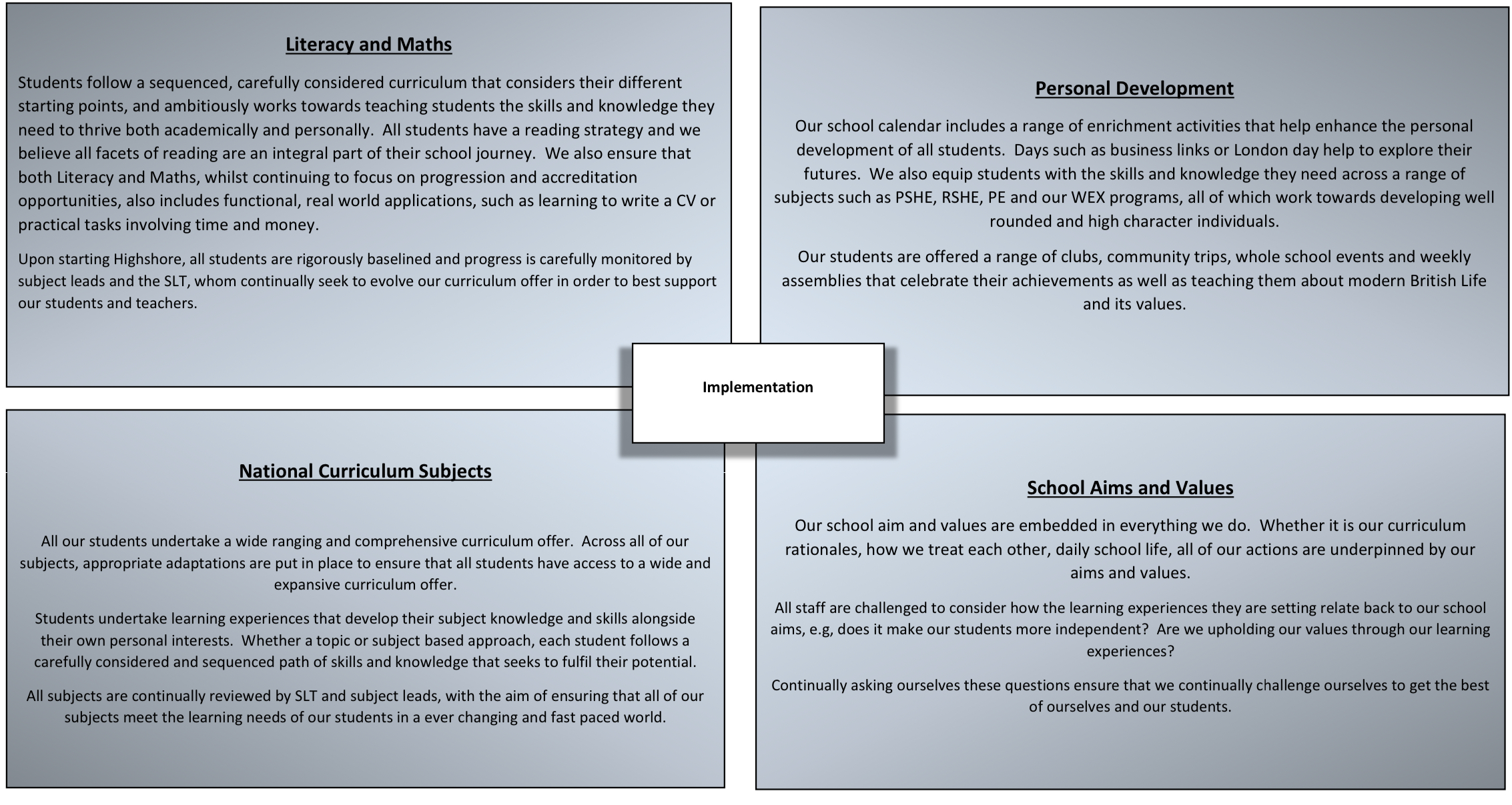
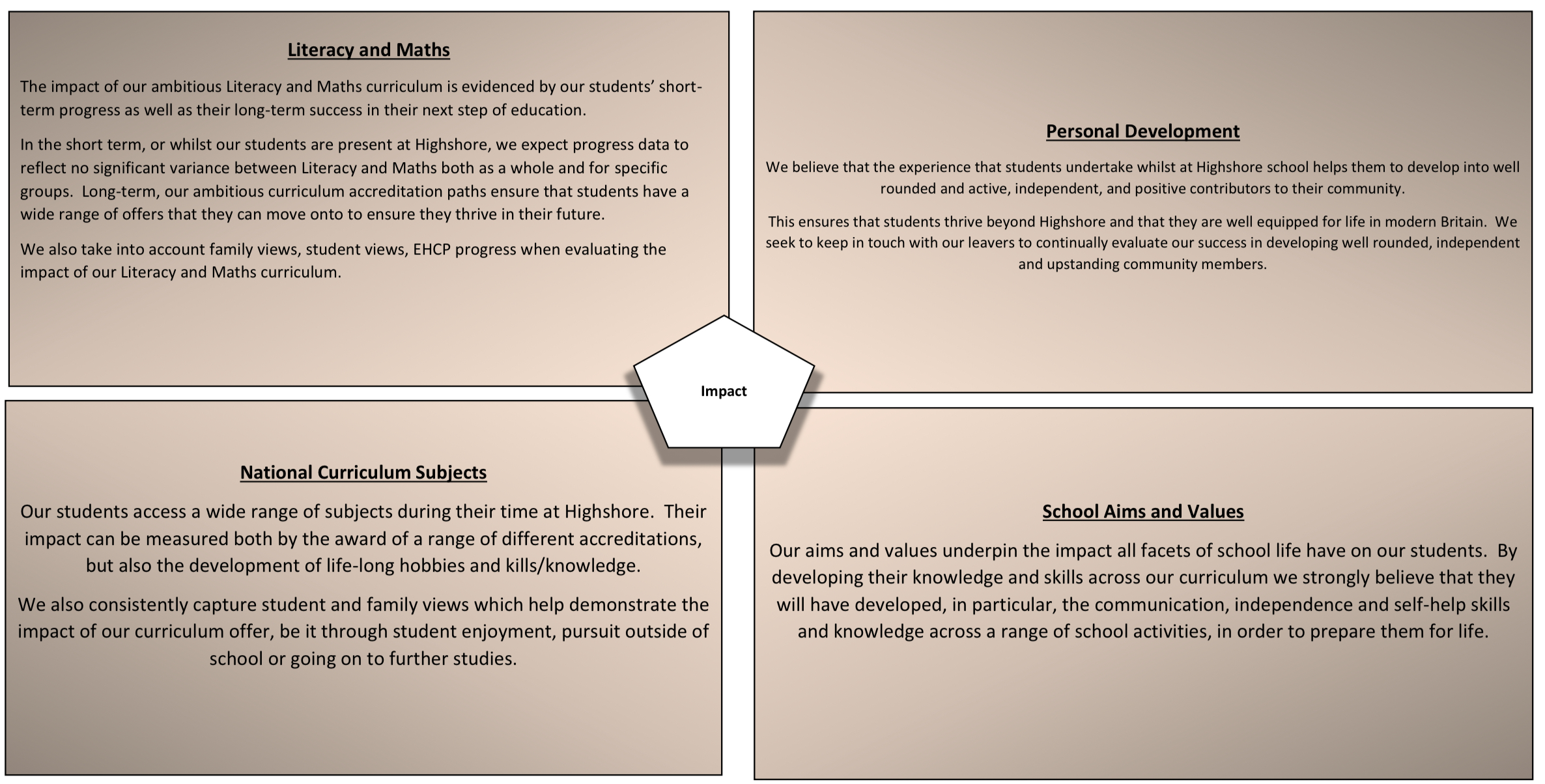
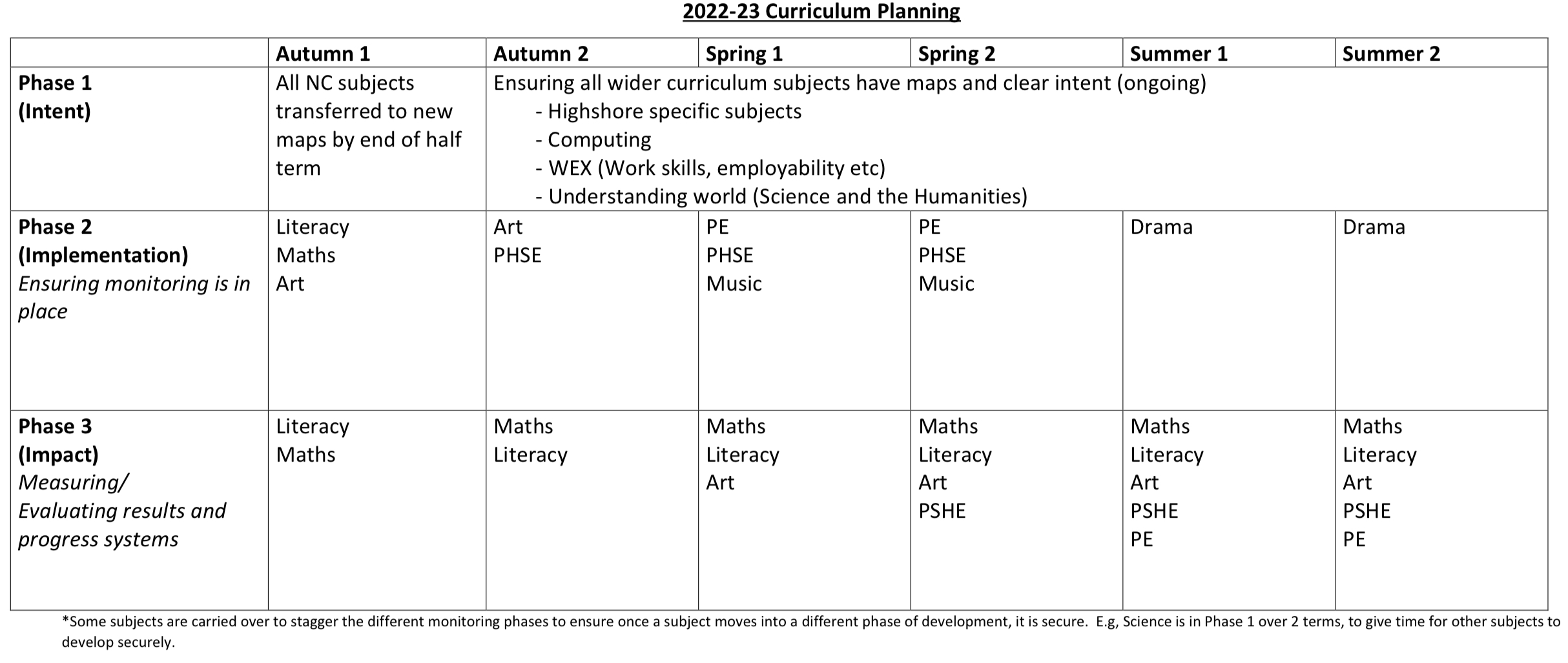
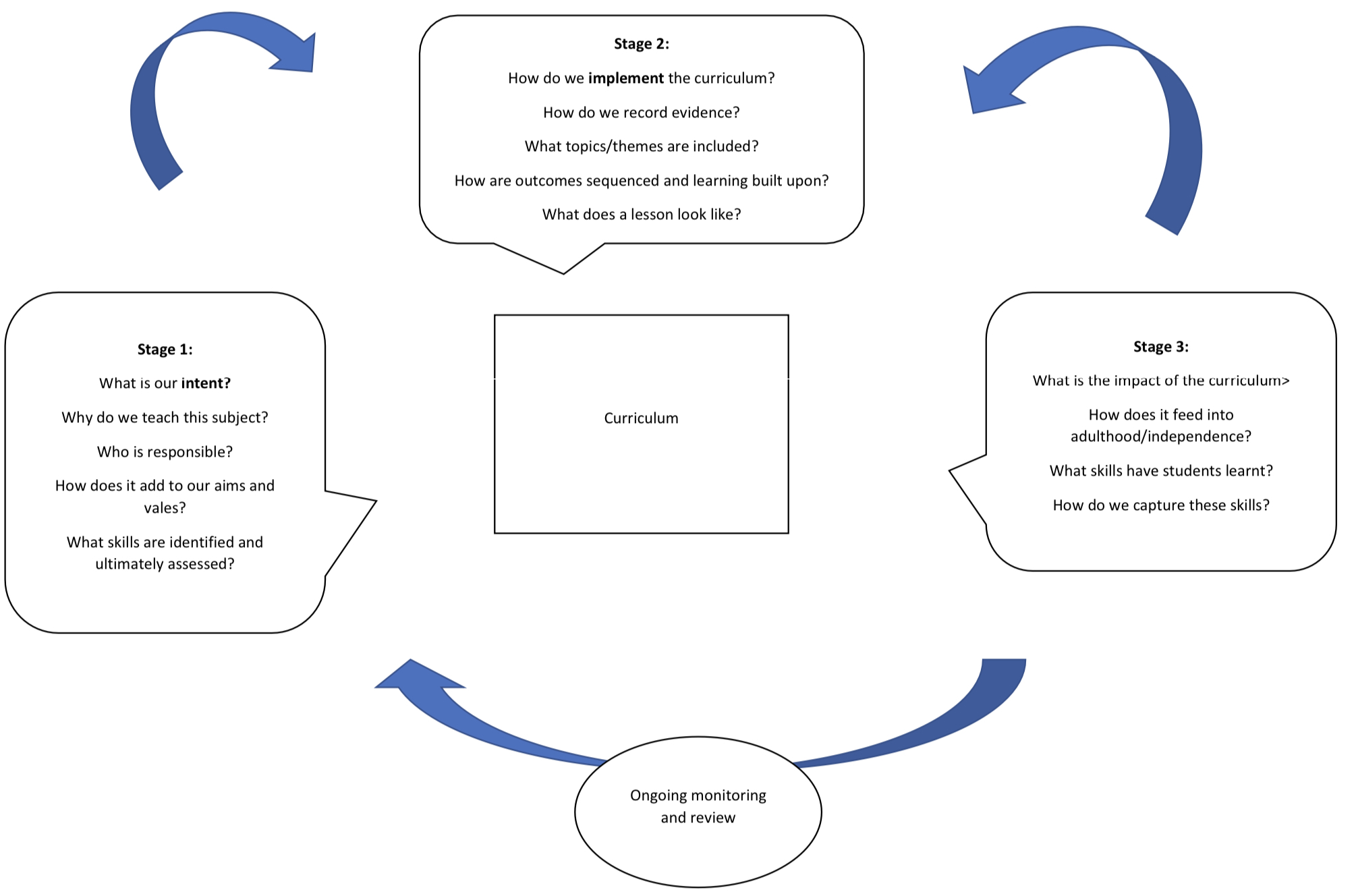
KS3
In Key Stage 3 all our pupils start the day with literacy and numeracy taught by their form tutors. They stay with their form tutors until 10.30am which enables them to feel settled in their form room. After break pupils study other subjects taught by specialist teachers. We teach the national curriculum subjects which differentiate according to the needs of our pupils. In Key Stage 3 we teach additional subjects such as social communication and lego therapy.
Health and wellbeing are important to us. In addition to their PE lesson all pupils in Key Stage 3 have a weekly swimming lesson. Class groups are usually no larger than nine pupils. In addition to the normal curriculum we have four curriculum theme days each year where we address subjects such as business, careers and citizenships education.
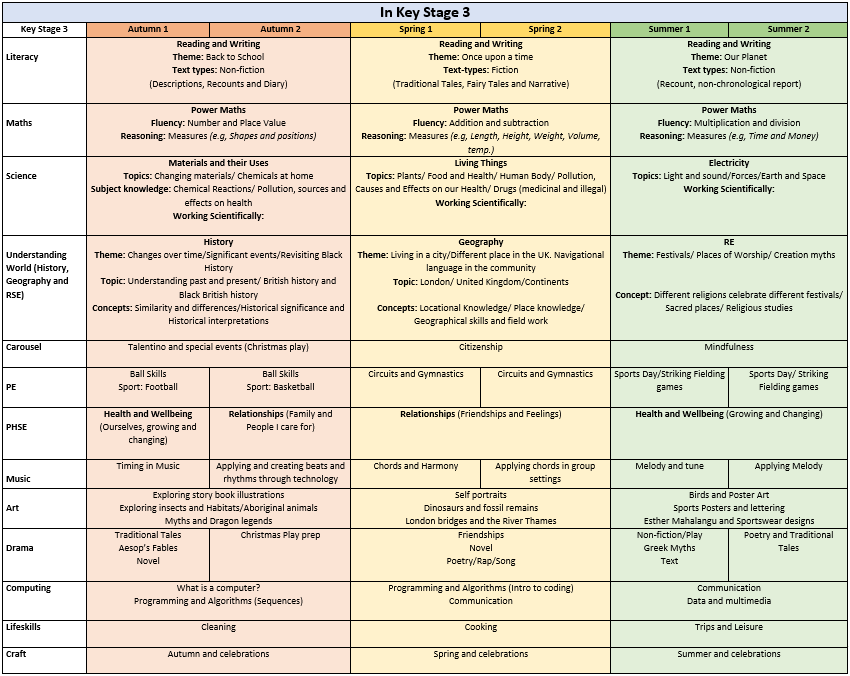
KS4
Pupils in Key Stage 4 work towards a variety of accreditation and continue with national curriculum subjects. New subjects are introduced in Key Stage 4 such as Enterprise Education and Work skills which prepares the pupils for their enterprise day in the Sixth Form. In Key Stage 4 we encourage pupils to become self-reliant and to take responsibility for their learning.
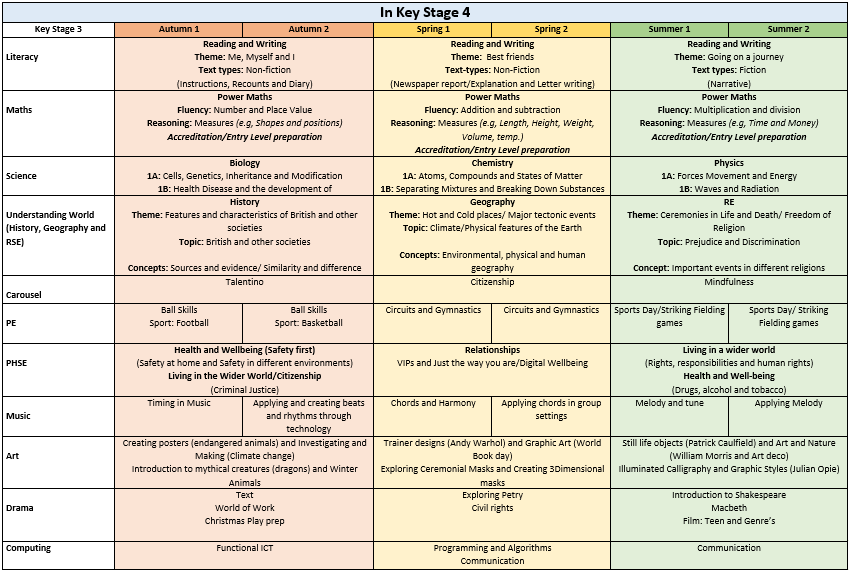
KS5
In the 6th form we aim to help students to develop academically, personally and socially, in preparation for a challenging and changing world. We focus on students being able to apply their communication and life skills in school, at home and in the community to enable them to achieve as much independence as possible.
We have created an exciting and dynamic curriculum that provides our students aged 16 – 19 with opportunities to develop their skills and knowledge through a core curriculum of work related learning, enterprise education, and a college link course.
Students are placed in tutor groups and are taught in these groups on the days when they are in school. Work experience and college link placements are personalised and students may work alongside other 6th form students not in their tutor group. This structure provides 6th form students with the opportunity to develop social relationships mix with a wider number of students.
Work related learning
We offer a wide range of on and off site work experience placements for students and we personalise provision to meet individual student’s strengths and interests. Highshore School has a dedicated Work Experience coordinator, Dom Fryer, who liaises closely with placement providers, families and support staff to ensure placements are successful. Click here to visit our Work Experience page.
College link course
6th form students can attend a 1 day link course a local College in preparation for a college placement when they leave Highshore School. We currently access courses at Lewisham College.
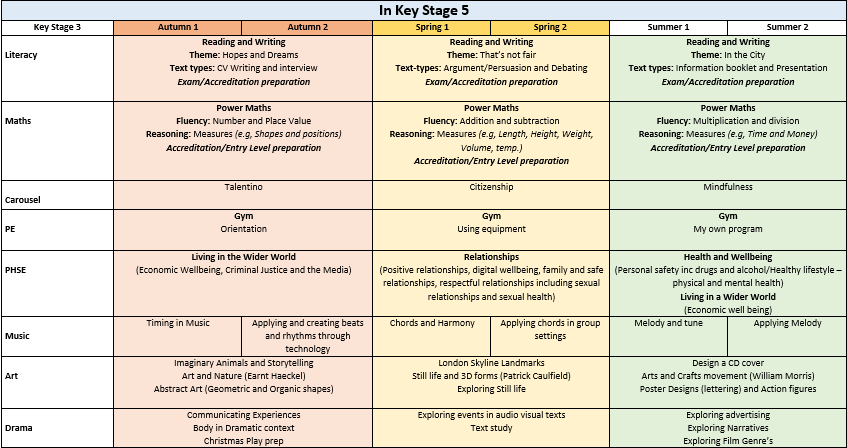
Accreditation
Our accreditation routes enable Complex and More Able pupils in Key Stage 4 and 5 to pursue Entry Level qualifications that help underpin their learning and support them in applying for future college places. More Complex learners are also able to work towards accreditations that support development of their functional skills. These accreditation routes are reviewed annually and adjusted to meet the changing needs of our pupils.
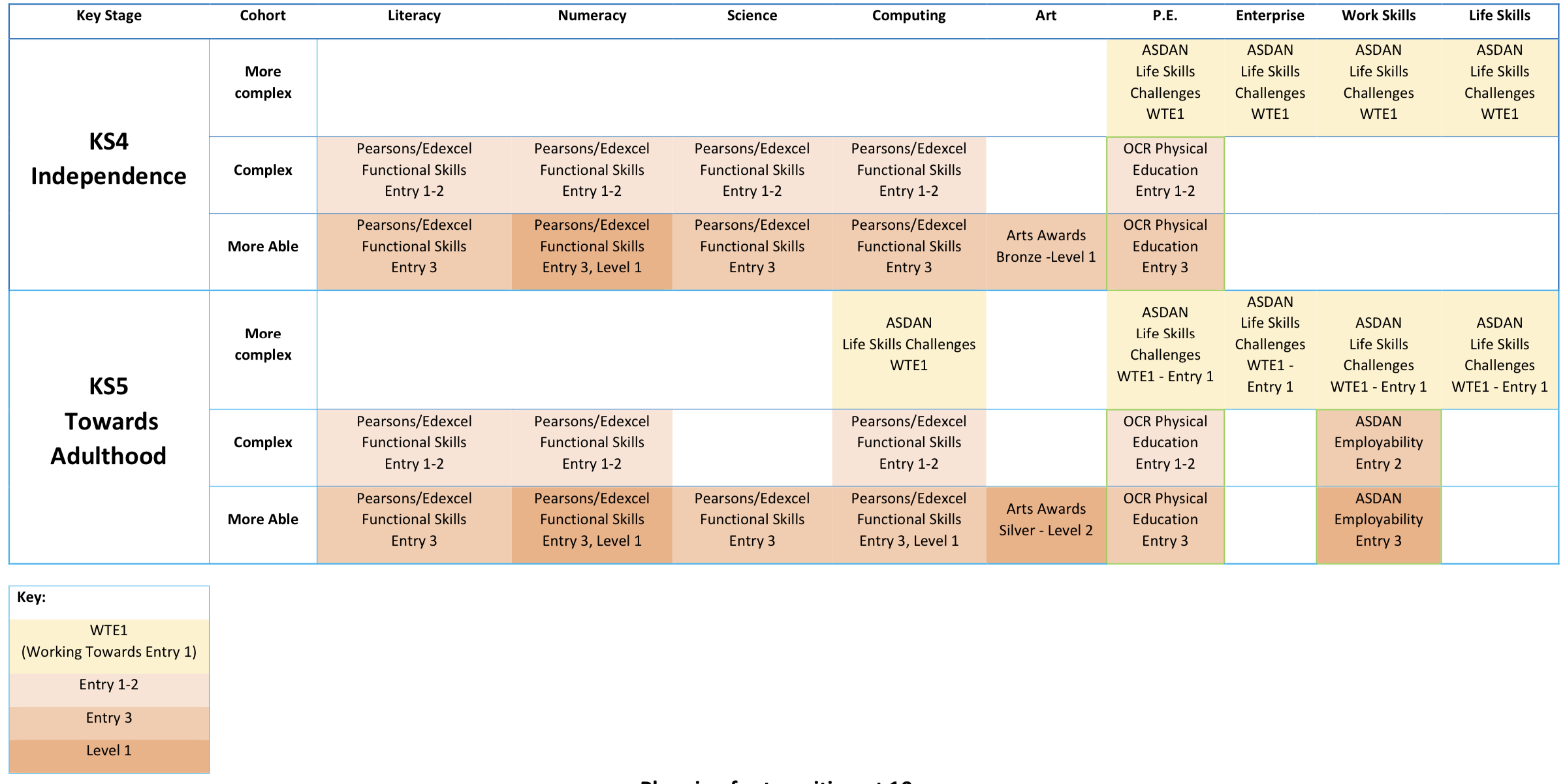
Planning for transition at 19
We use a variety of communication methods to ensure that all students are able to contribute in the creation of their Education Health Care plan, which is an important part of planning for a successful transition from Highshore School. We work with local colleges and social care providers to plan for successful student transition at 19.
Sequence of Knowledge and Skills
As our students are not working at age-appropriate levels, it is vital for us to set out a clear sequence and progression of skills and knowledge during their time at Highshore School (for all cohorts of learners). However, we also understand, that for many SEN learners, learning can be non-linear. They will have gaps or different barriers that we need to overcome. Therefore, we acknowledge that whilst the broad sequence below is an essential framework, some students may fall in or out of our standard progression and require different interventions or approaches. For further details on the endpoints below, please refer to our curriculum maps. A brief overview is detailed below.
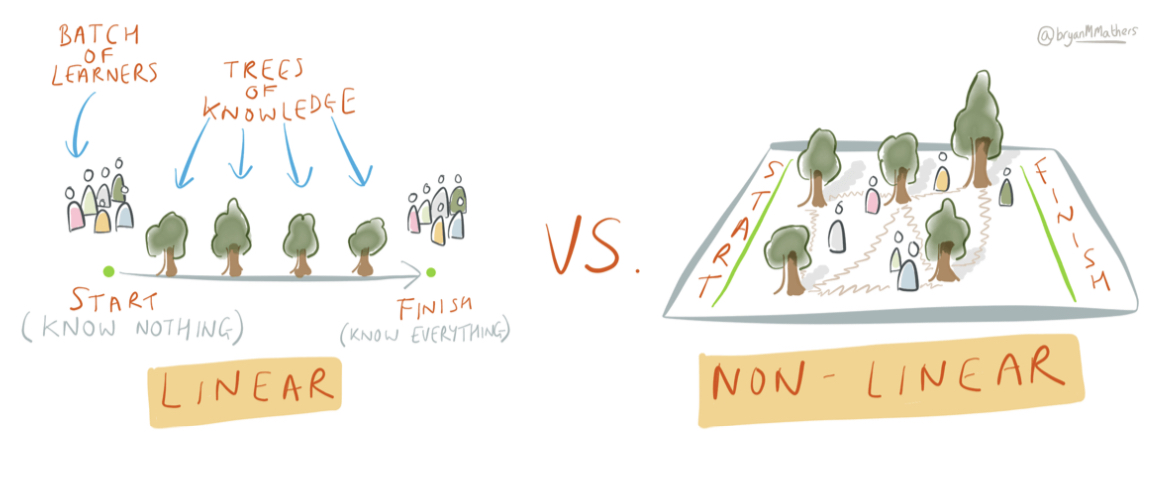
Attributed to:
Linear vs Non-linear learning
by @bryanMMathers
is licenced under CC-BY-ND
Please note: the below table is continually updated as we continue to evolve our curriculum offer. Information below is updated termly, however, they may be greater detail in process available by contacting the school. Subjects with an * are those that have been of focus this current academic year and provide the model upon which other subjects will follow.

